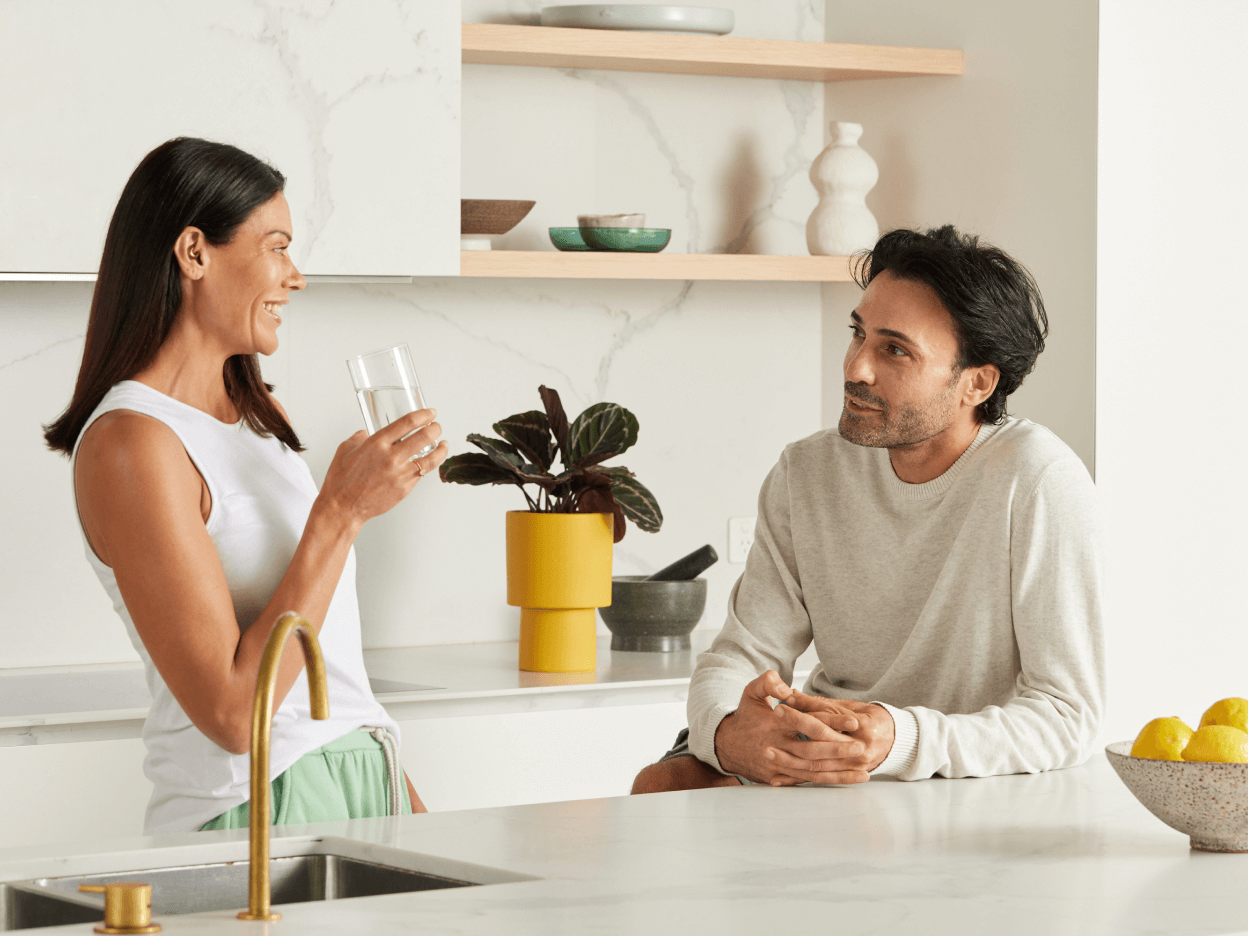Attacks brought about by anxiety disorders can be caused by a number of triggers. Factors that can prime the body to inappropriately activate the ‘flight-or-fight’ response include: include extended exposure to stressful situations, intense physical activity, excessive use of psychoactive substances, environmental or health changes, and hyperventilation.[2]
Additionally, anxiety attacks and panic attacks have some significant differences. Panic attacks tend to be more intense and can happen without a specific trigger. On the other hand, anxiety attacks are a response to a perceived stressor or threat.[3]
As soon as you are ready, you can reach out to our doctors at Mosh to ask more questions about how to stop an anxiety attack with methods that suit you. Not only can they provide you with scientifically-backed advice through consultations, but they will also be able to answer enquiries like ‘What helps with anxiety attacks?’ and ‘How to deal with anxiety symptoms?’ through private video conferencing, phone calls, or even text message threads.
Before you learn how to stop an anxiety attack, you must first understand what it feels like and what to look out for. Some of the effects and symptoms you should take note of closely include:[4]
- a sudden feeling of unease, almost as if you’re losing control of everything;
- intense fear and apprehension about the situation at hand;
- breathing difficulties and a distinct pain around the chest area;
- excessive perspiration accompanied by palpitations or a high heart rate; and
- nauseousness, head pounding, and a sense of confusion.
After taking a look at the list mentioned above, you may be tempted to take a depression and anxiety test to find out what you should do next. However, these online questionnaires are only there to give you a general idea of your situation.
For answers to questions like ‘How to stop an anxiety attack?’ and personalised guidance, you should seek mental health assistance from our doctors at Mosh. Rather than settling for general methods, they can analyse your lifestyle, medical history, and other factors to come up with concrete steps that are appropriate for you.
First, try to take slow, deep breaths and focus on the expansion and contraction of your diaphragm. Studies have shown that this will help slow down your heart rate, calm your body, and positively affect your emotional state.[5]
Second, focus on something else, such as a nearby item, a positive memory, or imagery that could help you relax. Reports have suggested that those who suffer from anxiety-induced attacks can benefit from taking their mind off of the current situation.[6]
Lastly, relaxing your muscles can help relieve anxiety symptoms, especially tension throughout your body. It is recommended that you focus on contracting specific muscle groups and then slowly relaxing them. After some practice, you will become more adept at this technique.[7]
At Mosh, our doctors can share with you even more techniques on how to stop an anxiety attack based on your unique experiences and the information you share with them through consultations. If needed, they can also prescribe you a custom anxiety treatment plan after an assessment.
Get your mental health journey on track with our telehealth service. You can even subscribe to our subscription-based plan, which can be accessed anywhere in Australia. Connect with our Mosh doctors and receive personalised coping strategies for how to calm an anxiety attack at a pace you’re comfortable with.

